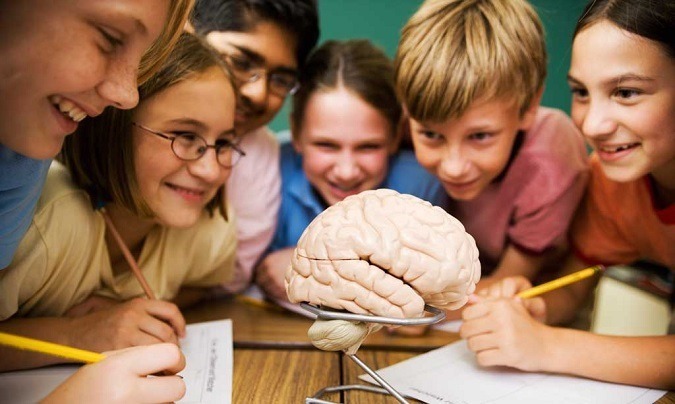Posts Tagged ‘Cogmed-Working-Memory-Training’
Report calls for wide classroom-based adoption of ten brain fitness programs designed to improve foundational executive functions
__________ National Nonprofit Releases Report Calling for Brain Fitness Interventions in All U.S. Schools (press release): “BrainFutures released a report today that makes a clear case for integrating proven brain fitness programs into all U.S. classrooms. Over a decade of research has shown that evidence-based programs can improve students’ executive function skills and prosocial behaviors,…
Read MorePearson acquires Cogmed working memory training
Karolinska Development to divest portfolio company (press release) “Today, Karolinska Development has divested Cogmed, one of Karolinska Development’s portfolio companies, to Pearson where it will become part of Pearson’s Clinical Assessment business.” Why does it make all the sense in the world for a large publisher with heavy educational and clinical operations to acquire a…
Read MoreBrain Quiz: Do You Have a Brain?
Have you already read The SharpBrains Guide to Brain Fitness? Let’s see… 1. Pick the only part of your body that does not contain fat: a. Arm b. Thigh c. Brain d. None Answer: d) Fats are also present in the brain: in neurons’ membranes to keep them flexible. These fats are the omega 3 and omega 6 fatty…
Read MoreComparing Working Memory Training & Medication Treatment for ADHD
Working memory (WM) is the cognitive system responsible for the temporary storage and manipulation of information and plays an important role in both learning and focusing attention. Considerable research has documented that many children and adults with ADHD have WM deficits and that this contributes to difficulties associated with the disorder. For an excellent introduction…
Read MoreWorking Memory Training can Influence Brain Biochemistry
I wanted to alert you to a very interesting finding published in a recent issue of Science, one of the world’s leading scientific journals. The study was led by Dr. Torkel Klingberg and his colleagues from the Karolinska Institute in Sweden. The goal was to learn whether Working Memory Training is associated with changes in…
Read MoreCognitive Training (Cogmed) Changes the Brain More Than We Thought
Cognitive Training Can Alter Biochemistry Of The Brain (Science Daily) — “Researchers at the Swedish medical university Karolinska Institute have shown for the first time that the active training of the working memory brings about visible changes in the number of dopamine receptors in the human brain.” — ““Brain biochemistry doesn’t just underpin our mental activity; our…
Read More
